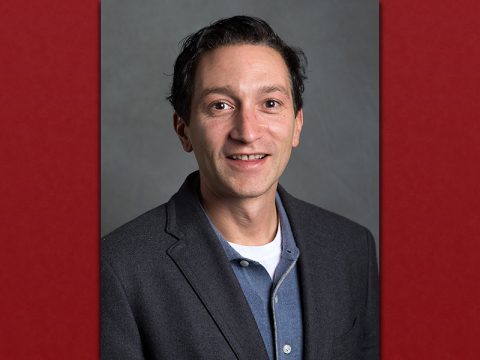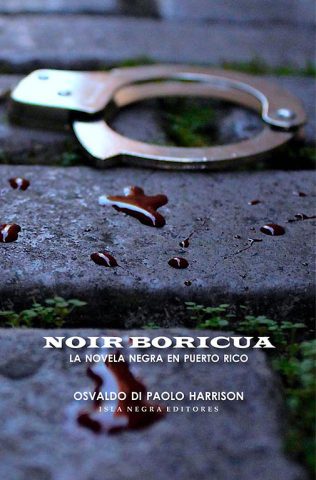 Clarksville, TN – On the surface, hardboiled literature tells a story of street smart investigators, navigating a world filled with action, intrigue and sex. Cynical antiheroes fighting for justice in a world just as corrupt as the bad guys they are trying to collar.
Clarksville, TN – On the surface, hardboiled literature tells a story of street smart investigators, navigating a world filled with action, intrigue and sex. Cynical antiheroes fighting for justice in a world just as corrupt as the bad guys they are trying to collar.
At its core, the genre is a cracked door, allowing the reader an opportunity to examine the social issues of the writer’s day. Topics of race, politics, corruption and violence are sometimes uncomfortably explored by a character adhering to a moral code in a world that seems to have lost its way.

“Hardboiled has not been a topic that scholars have really looked at very often (when discussing Puerto Rican literature), and it’s a topic that can’t be ignored,” Di Paolo Harrison said. “So I’m looking at the proliferation of the genre in Puerto Rico and also the fusion of hardboiled with other genres like science fiction, autobiographies and gay mystery novels.”
 Di Paolo Harrison’s book explores the core genre, as well as diverse fusions of hardboiled, including the representations of the black detective, female detective, gay detective and novels that carry crime as constant variable, but lack the traditional image of the detective.
Di Paolo Harrison’s book explores the core genre, as well as diverse fusions of hardboiled, including the representations of the black detective, female detective, gay detective and novels that carry crime as constant variable, but lack the traditional image of the detective.
Additionally, the book explores the contemporary social issues that the island faces, such as women and children trafficking, discrimination, violence, corruption, immigration, relationship with the United States, drug trafficking, poverty and globalization, among others.
“When I’m researching hardboiled fiction, I look at what the texts are saying and try to find the connection with what’s happening culturally, whether it’s a modern novel, or something written in the 1940s or 1970s,” Di Paolo Harrison said. “What was happening in Puerto Rico during the Vietnam War, and what did books of that time have to say? What was happening (in literature) when Puerto Rico became an associated state with the United States? What’s happening currently with drug trafficking and sexual tourism, and how is modern hardboiled addressing these issues?”
Di Paolo Harrison has now published four books, including a study on Hispanic sci-fi and detective novels, titled “Post-human Apocalyptic Moaning and Explosions: Hispanic Detective Fiction and Science Fiction of the 21st Century,” as well as a book on crime in Argentina, titled “Cadáveres en el armario.” His most recent book, “Negrótico,” tackled the South American fusion of hardboiled and Gothic literature.
“Without the grants that the Office of Research has provided, I would have not been able to publish my books and continue to have a solid presence among the international literary circle,” Di Paolo Harrison said. “In addition, the most important achievement was to bring my research, with the funding APSU provided, to my students.
“As part of the Austin Peay spirit, everything we do is for the benefit of the student body,” Di Paolo Harrison continued. “Research should be conducted for the betterment of our faculty and the knowledge that we can pass that on to our students.”
The book, which is written in Spanish, will be available in bookstores across Argentina and Spain in 2017.
For more information on this topic, contact Di Paolo at dipaoloo@apsu.edu
For more information on the Office of Research and Sponsored Programs, visit www.apsu.edu/grants



